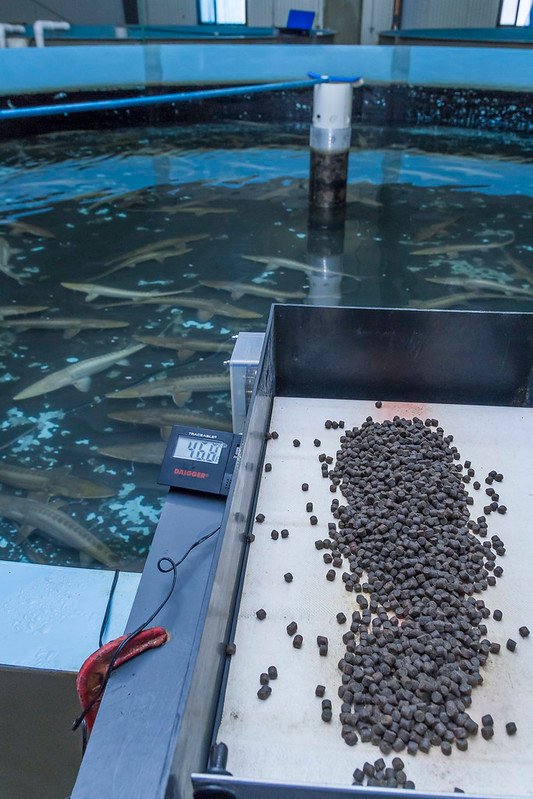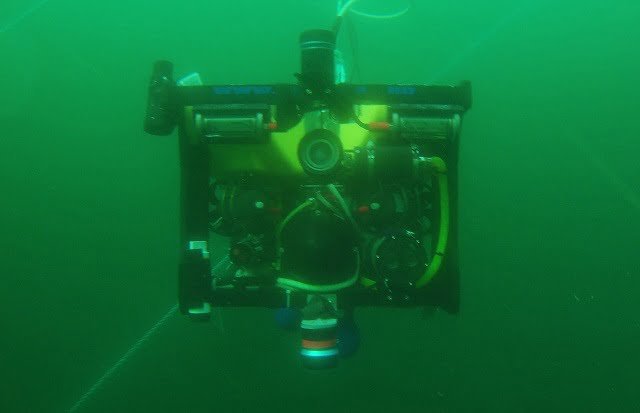New Zealanda.- Two new technological projects aimed at selling New Zealand innovation locally and overseas have been funded by the Science for Technological Innovation (SfTI) National Science Challenge Board.
The Precision Farming Technology for Aquaculture and Adaptive Learning Robots to complement the Human Workforce research projects will each receive $2m ex-GST over two years SfTI Director, Sally Davenport, says.
“These are innovative, exciting, potentially high value SfTI ‘Spearhead’ research projects, that is typically large, multi-party, multi-disciplinary projects aligned to our research Portfolios.”
Professor Davenport said the projects had the same aim: to develop technology able to be used and sold both domestically and internationally.
“The SfTI Challenge is about enhancing New Zealand’s physical sciences and engineering ability to contribute to our economic growth, and these two projects fit that bill,” she said.
Researchers from the Cawthron Institute, Auckland, Victoria and Canterbury Universities, the NZ Product Accelerator and Eco Research Associates will work on the Precision Farming Technology for Aquaculture project.
“Here the focus is on making New Zealand a leader in hi-tech, aquaculture automation and remote farm intelligence,” Professor Davenport said.
The Adaptive Learning Robots to complement the Human Workforce project aimed to develop adaptable, cheaply reconfigured, rapidly deployed ‘workforce’ robots able to learn from their environments. The project would involve researchers from Lincoln Agritech and SCION, as well as Auckland, Victoria, Massey, Canterbury and Otago Universities.
Stay Always Informed
Join our communities to instantly receive the most important news, reports, and analysis from the aquaculture industry.
“Again, this is a forward-looking project aimed at underpinning future small-scale production of tailored, high value robots with wide application and an eye on export.”
Funding for the projects was recommended by a SfTI Management Team Assessment Panel following three industry-led workshops held between February and March.
Professor Davenport said the projects brought to seven the number of Spearheads funded since the SfTI Challenge launched two years ago with a $32.9m budget. SfTI had also funded a further 28 smaller high-risk, potentially high reward, SEED research projects in that time.
FAQs: Karetao Hangarau-a-Mahi: Adaptive learning robots to complement the human workforce
http://www.sftichallenge.govt.nz/news-events/faqs-karetao-hangarau-mahi-adaptive-learning-robots-complement-human-workforce
FAQs: Precision Farming Technology for Aquaculture project
http://www.sftichallenge.govt.nz/news-events/faqs-precision-farming-technology-aquaculture-project
Source: Callaghan Innovation
Editor at the digital magazine AquaHoy. He holds a degree in Aquaculture Biology from the National University of Santa (UNS) and a Master’s degree in Science and Innovation Management from the Polytechnic University of Valencia, with postgraduate diplomas in Business Innovation and Innovation Management. He possesses extensive experience in the aquaculture and fisheries sector, having led the Fisheries Innovation Unit of the National Program for Innovation in Fisheries and Aquaculture (PNIPA). He has served as a senior consultant in technology watch, an innovation project formulator and advisor, and a lecturer at UNS. He is a member of the Peruvian College of Biologists and was recognized by the World Aquaculture Society (WAS) in 2016 for his contribution to aquaculture.




